Top 5 Online Privacy Tools Every User Should Have
In today's digital world, protecting your online privacy is crucial. This article highlights the top 5 online privacy tools every user should have to safeguard personal information and stay secure online.
Every day, we share bits of our lives online—through social media, shopping, or even just browsing. But this leaves a trail that companies, advertisers, and hackers can follow. Online privacy tools help you take back control. They’re simple to use and can protect your data from prying eyes. Let’s dive into the top 5 online privacy tools every user should have to keep their digital life safe.
1. VPN (Virtual Private Network)
A VPN, or Virtual Private Network, is a tool that encrypts your internet connection and hides your IP address. It acts like a shield, keeping your online activities private and secure.
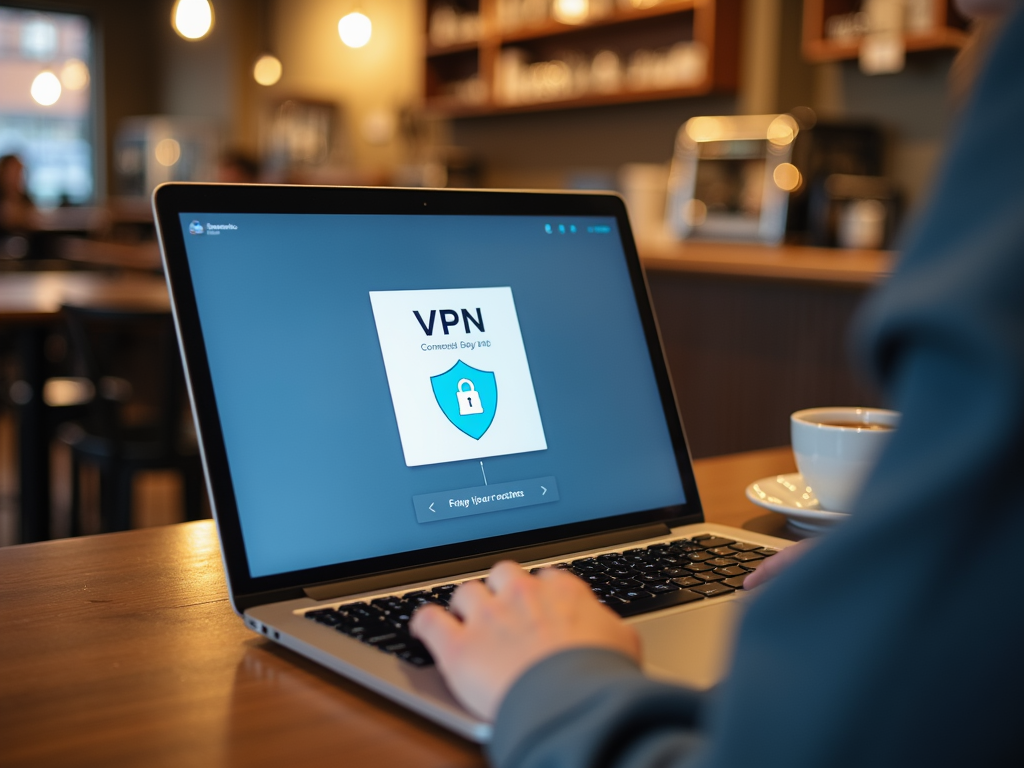
A VPN works by sending your internet traffic through a secure server somewhere else in the world. This hides where you are and scrambles your data so no one can read it.
Why You Need a VPN: - Privacy: Without a VPN, your internet provider can see every website you visit. A VPN stops that. - Safety: Public Wi-Fi, like at a café, can be risky—hackers might steal your info. A VPN keeps you safe. - Freedom: Some content is blocked based on your location. A VPN lets you access it.
How to Use It: 1. Pick a trusted VPN provider with strong encryption. 2. Install their app on your device. 3. Open it, choose a server, and connect.
I’ve used a VPN for years, especially on public Wi-Fi. It’s a relief knowing my data stays private, and I can even watch shows from other countries!
2. Password Manager
A password manager creates and stores strong, unique passwords for all your accounts. It’s like a digital vault that keeps your logins safe and handy.
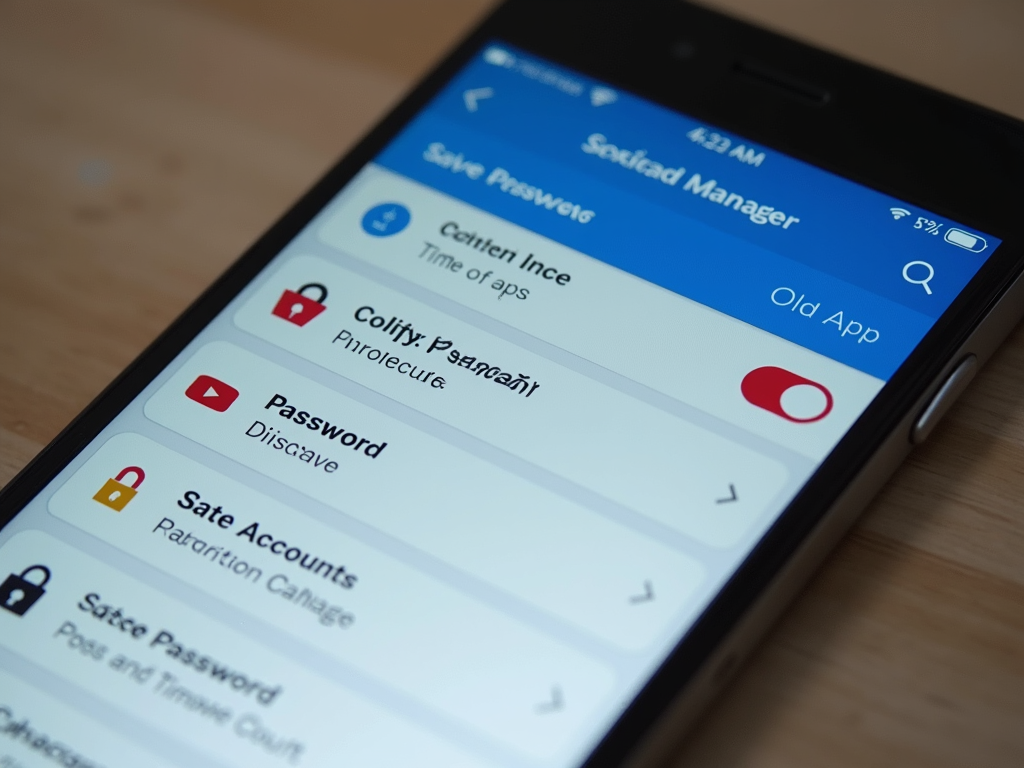
With a password manager, you don’t need to remember dozens of passwords. It does the hard work for you.
Why You Need a Password Manager: - Strength: Weak or reused passwords are easy to crack. This tool makes them tough. - Ease: It autofills your logins, saving time. - Alerts: Some warn you if your passwords leak online.
How to Use It: 1. Choose a reliable password manager. 2. Set a strong master password—the only one you’ll need to remember. 3. Add your accounts and let it create new passwords.
I used to repeat passwords because I couldn’t keep track. Now, with a password manager, my accounts are safer, and logging in is a breeze.
3. Ad Blocker
An ad blocker stops ads and trackers from loading on websites. It speeds up browsing and protects your privacy at the same time.
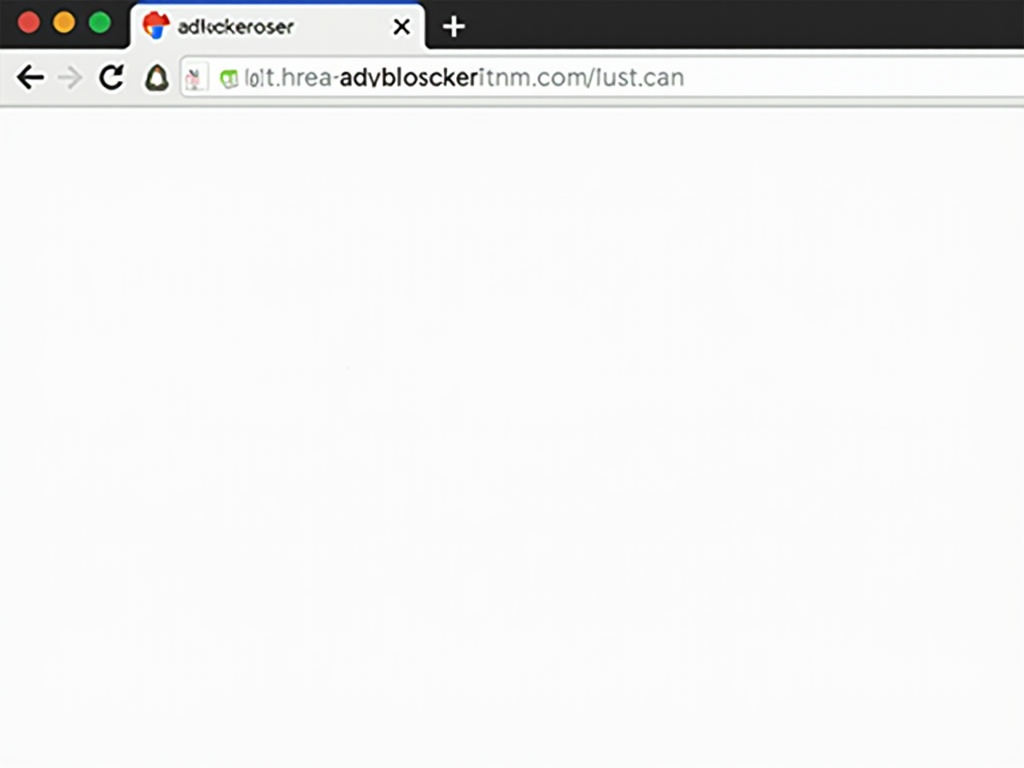
Ads can do more than annoy you—they often track your every move online. An ad blocker cuts that off.
Why You Need an Ad Blocker: - Privacy: Trackers in ads collect your data. An ad blocker stops them. - Speed: Pages load faster without ads. - Safety: Some ads carry malware. Blocking them reduces the risk.
How to Use It: 1. Find a good ad blocker for your browser. 2. Install it from the browser’s extension store. 3. It starts working right away—no extra steps needed.
I added an ad blocker a while back. Websites load quicker, and I love knowing trackers aren’t following me around.
4. Secure Messaging App
A secure messaging app uses end-to-end encryption to keep your chats private. Only you and the person you’re talking to can see the messages.
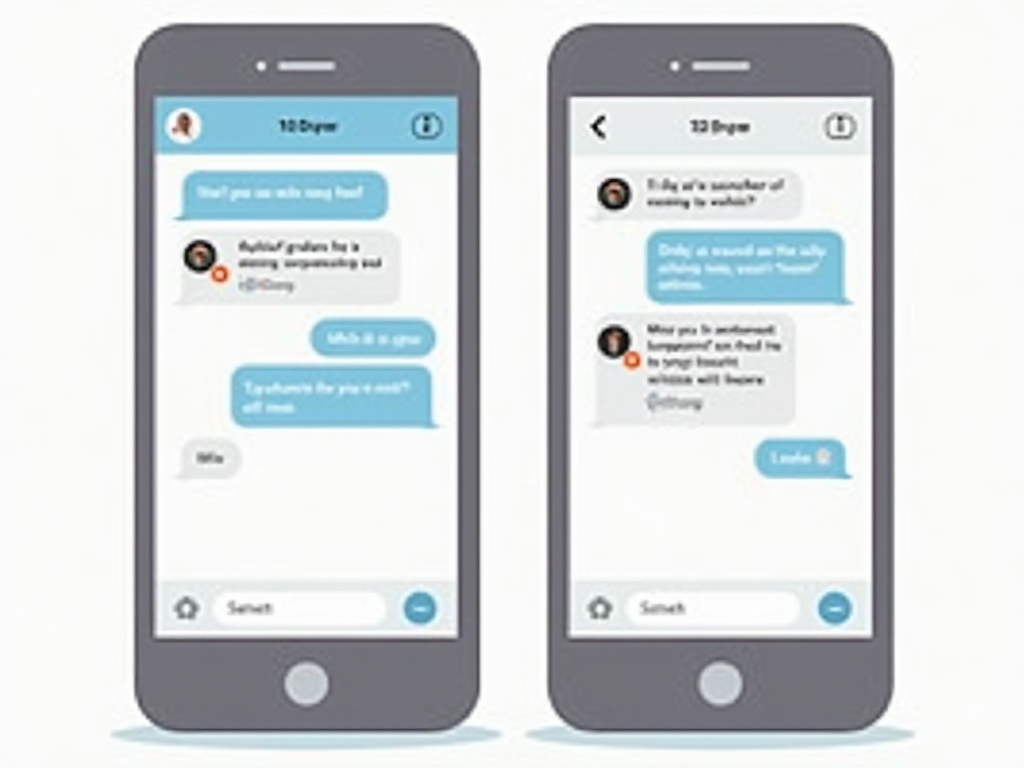
Regular texting apps might leave your messages exposed. A secure app locks them down.
Why You Need a Secure Messaging App: - Privacy: No one else—not even the app company—can read your chats. - Safety: Encryption stops hackers from snooping. - Extras: Some apps let messages disappear after they’re read.
How to Use It: 1. Pick an app like Signal or Telegram. 2. Install it and set it up. 3. Get your friends to use it too for secure talks.
I switched to a secure messaging app for personal chats. It’s great knowing my conversations are just between me and my friends.
5. Privacy-Focused Web Browser
A privacy-focused web browser blocks trackers and boosts your online privacy with built-in features regular browsers don’t have.
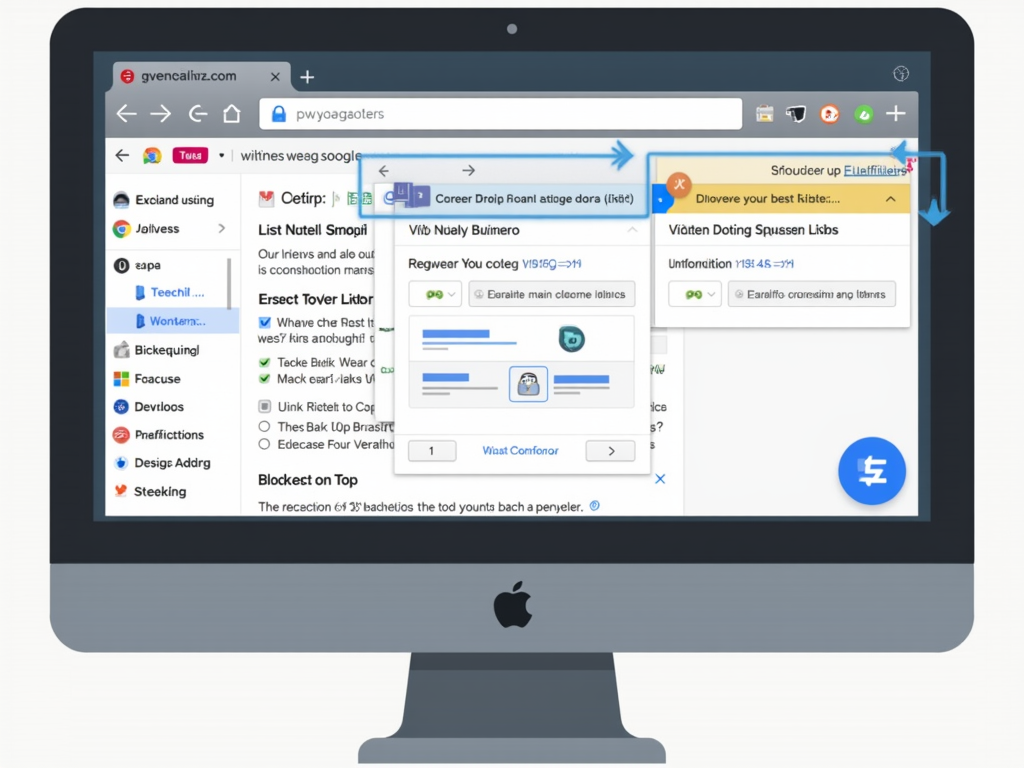
Standard browsers might share your data. A privacy-focused one fights back.
Why You Need a Privacy-Focused Web Browser: - Privacy: It blocks trackers that watch your browsing. - Safety: Features like secure connections keep you protected. - Choice: You can tweak settings to match your needs.
How to Use It: 1. Download a browser like Brave or Firefox. 2. Make it your default browser. 3. Adjust privacy options if you want.
I started using a privacy-focused browser recently. It’s surprising how many trackers it stops—it’s like having a privacy guard with me all the time.
Keeping your online privacy safe doesn’t take much effort. These top 5 online privacy tools every user should have—a VPN, password manager, ad blocker, secure messaging app, and privacy-focused browser—give you the power to protect yourself. Start using them today to secure your digital world.